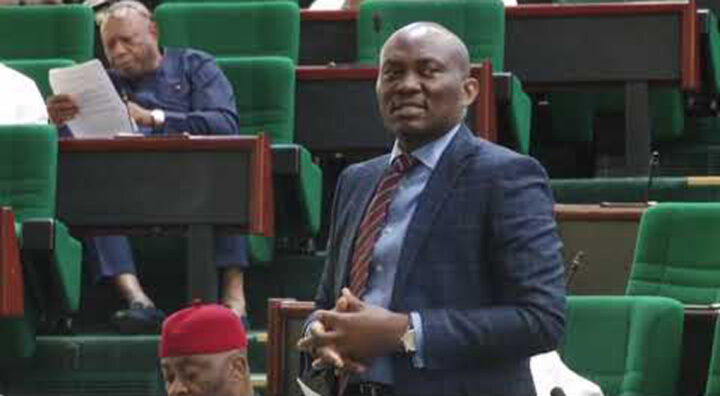The Nigerian Economic Summit Group (NESG) says the federal government’s debt service to revenue ratio is unsustainably high and thus is affecting its ability to meet non-debt obligations.
In a statement released after a meeting of its board of directors, Asue Ighodalo (pictured), chairman of NESG board, said limited revenue could make the federal government make a habit of borrowing from the Central Bank of Nigeria (CBN).
“The importance of dealing with the challenge of inadequate revenue is highlighted by the very high debt service-to-revenue ratio,” the statement read.
“While this ratio has improved to 72% in May 2020 from 99% recorded at the end of March 2020, it remains unsustainably high and undermines the ability of government to meet non-debt obligations such as the provision of infrastructure, human capital development and protection for our nation’s large population of vulnerable people.
Advertisement
“Limited revenues also entrench the government’s dependence on borrowing from the Central Bank of Nigeria with adverse consequences for the economy.
“As it acknowledges the federal government’s drive to improve revenue performance at all levels of the public sector, the board advises that this drive should be done in such manner that the adverse effects of the COVID-19 pandemic on businesses (large and small, and households) isn’t worsened.
“Furthermore, attention must be paid to the efficiency and effectiveness of government spending.”
Advertisement
Commenting on projections that the economy will shrink by 5.2 percent in 2020, the NESG said there are suggestions that the degree of contraction may be much lower than some of the available projections.
This, it said, was due to the recent growth in value-added tax and gross statutory revenue coupled with the upward trend of crude oil prices.
NESG said it would be available to provide necessary technical support and needed private sector participation to support the implementation of the economic plans agreed by the federal government.
Advertisement
Add a comment







